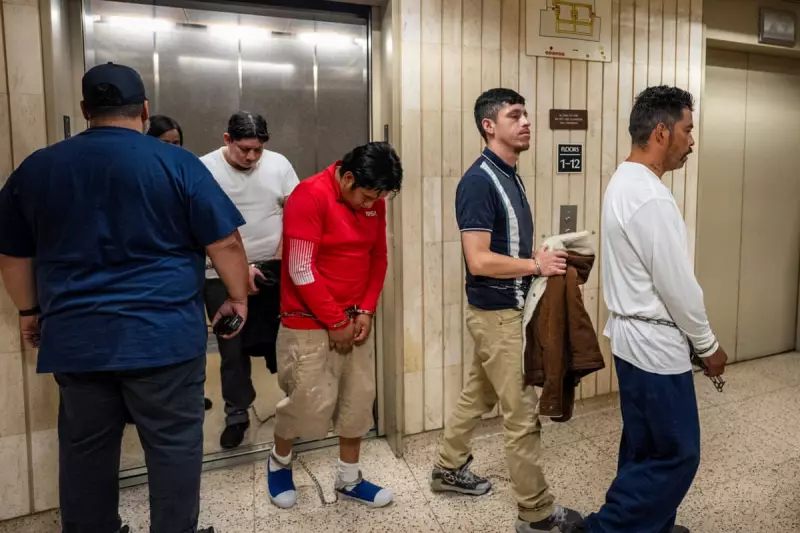
In a startling revelation that challenges transparency in US immigration enforcement, an extensive investigation has uncovered a network of clandestine detention sites operated by Immigration and Customs Enforcement (ICE). These covert facilities, scattered across the United States, function outside public view using unmarked buildings and sophisticated operational secrecy.
The Shadow Detention System
According to internal documents and whistleblower accounts obtained by The Guardian, ICE has established numerous unofficial holding locations that bypass standard oversight procedures. These sites include repurposed office spaces, warehouses, and other inconspicuous buildings where individuals are detained temporarily before being transferred to official detention centres.
Covert Operational Tactics
The investigation reveals several concerning practices employed by ICE to maintain this hidden network:
- Unmarked vehicles transporting detainees to avoid detection
- Delayed processing of paperwork to extend detention periods off-record
- Limited access to legal representation at these temporary sites
- Restricted information provided to families seeking detained relatives
Legal and Ethical Concerns
Civil rights organizations and immigration advocates have expressed grave concerns about these findings. The lack of proper oversight at these facilities raises significant questions about due process rights and potential human rights violations. Legal experts argue that operating outside established detention frameworks creates conditions ripe for abuse and undermines accountability mechanisms.
ICE's Response and Justification
While ICE officials have acknowledged using various facilities for temporary holding, they maintain these are necessary for operational security and efficiency. The agency argues that these practices help manage detainee movements safely and prevent interference with enforcement operations. However, critics counter that such secrecy enables rights violations and erodes public trust.
The exposure of this covert detention network has sparked calls for congressional investigation and reform of ICE's operational protocols, bringing renewed scrutiny to immigration enforcement practices under the current administration.





